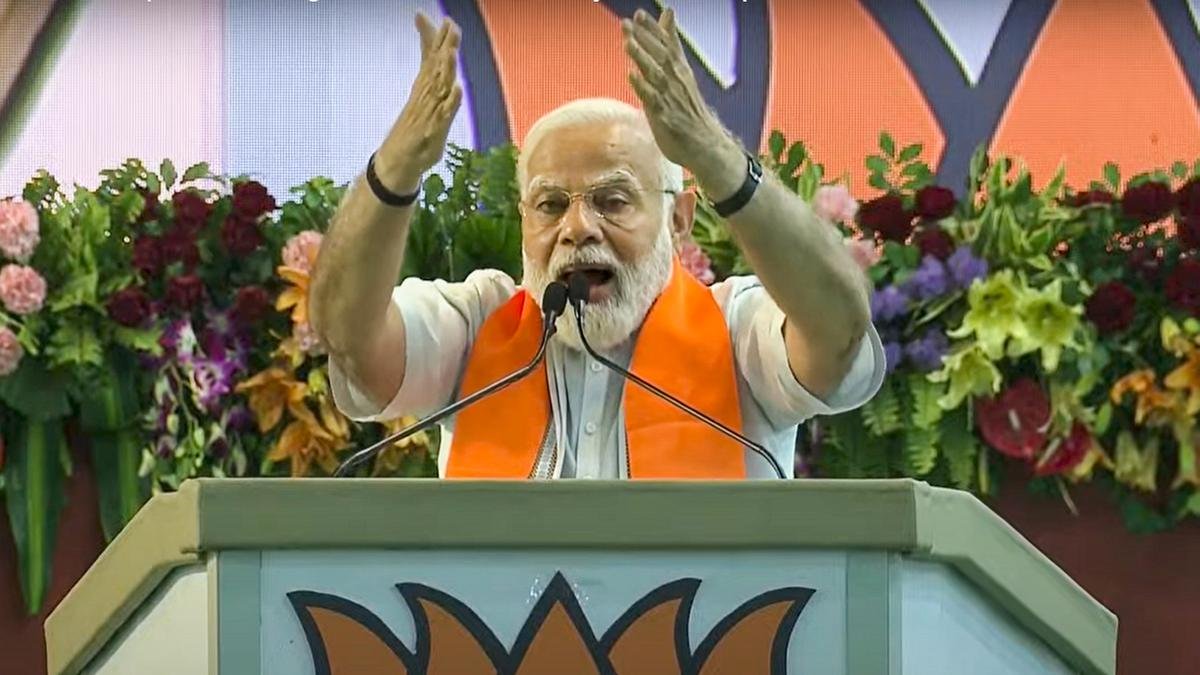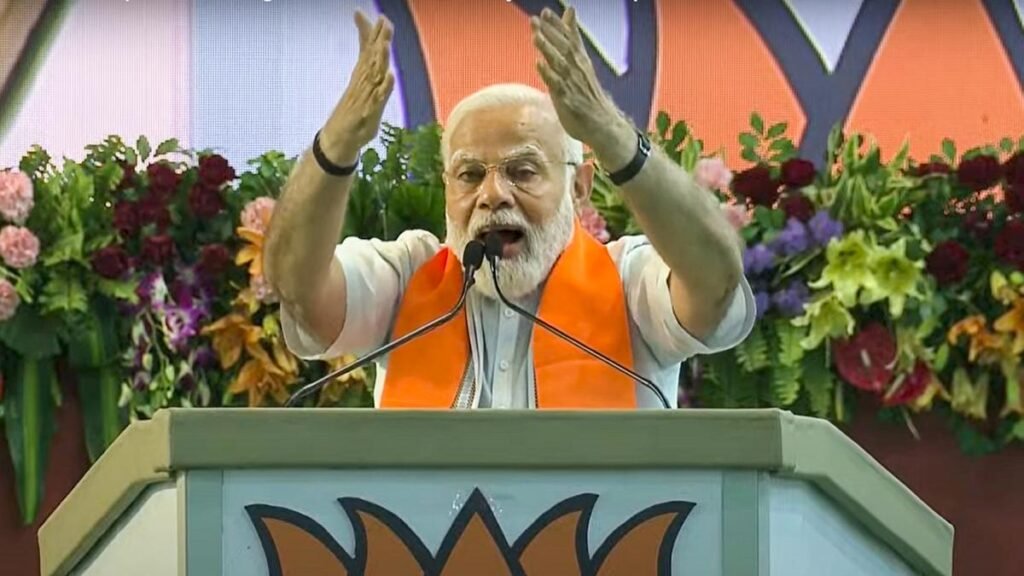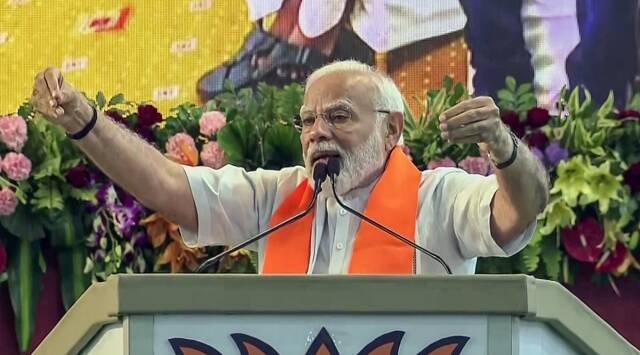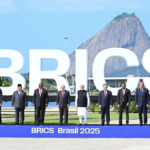07 July 2023 (Indian Media)
Indian Prime Minister Narendra Modi’s government is moving ahead with plans to replace religion and community-based social practices with a uniform civil law (UCC), raising an outcry among minority rights activists and opposition leaders.
India's population of 1.4 billion comprises diverse religious and ethnic communities who are currently allowed to follow their own scriptures and traditions in personal matters such as marriage, divorce, inheritance and adoption.
The UCC is the last of the three issues at the heart of the BJP;s ideological agenda – the other two being the Ram temple in Ayodhya, construction of which is underway; and removal of Article 370 in J&K, done in 2019.
Indian Prime Minister Narendra Modi's government is facing opposition and criticism on implementation of UCC which would replace religion and community-based social practices.
Currently, India's diverse population is allowed to follow their own customs and traditions in personal matters such as marriage, divorce, inheritance, and adoption. The Bharatiya Janata Party (BJP), led by Modi, argues that a UCC would eliminate discriminatory practices, promote gender equality, and resolve issues related to interfaith marriages.
However, minority rights activists, opposition leaders, and representatives of religious and indigenous communities view the proposed law as a threat to constitutional protections and religious freedom. Muslims, who make up about 20% of the population, are particularly concerned as Islamic law governs marriage, divorce, and property matters.
Critics argue that the BJP's push for a UCC is aimed at consolidating support from their right-wing Hindu nationalist voter base. Indigenous tribes, with their own unique customs and traditions, also fear encroachment on their rights and land ownership. The UCC, one of the BJP's ideological goals, is seen as a divisive issue that resurfaces during election campaigns.
Flavia Agnes, a senior advocate talking to CNN said that the government has requested responses to the UCC proposal without providing a draft, leaving many minorities worried about potential implementation of a law that favors majority Hindu population.
The Uniform Civil Code (UCC) is a dream long deferred, first raised by the All India Women’s Conference in the 1930 demanding equal rights in marriage, divorce, adoption and succession for all women irrespective of religious laws.











